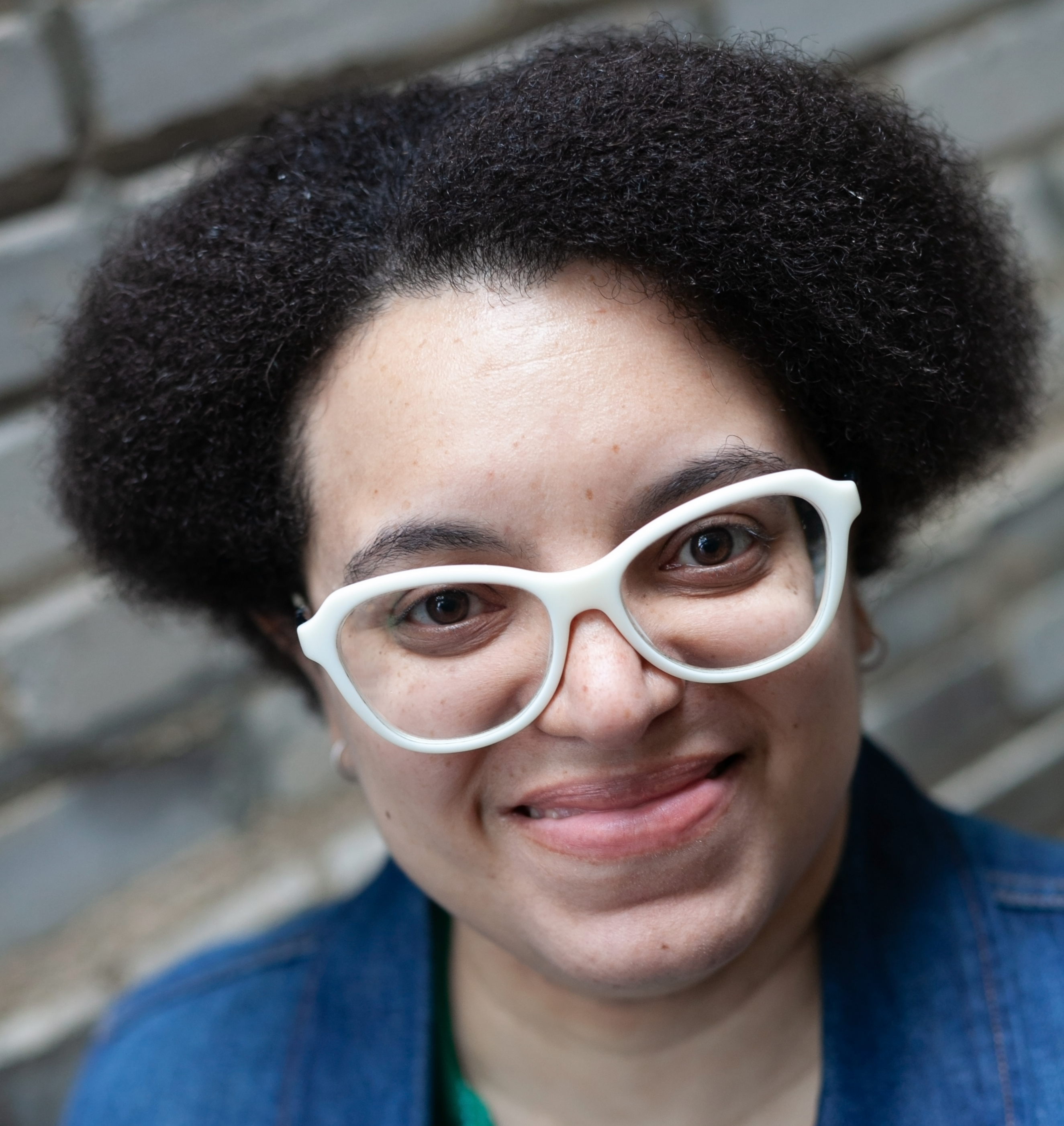Thom Sesma Interview for Broadway's Dead Outlaw | TDF Stages | TDF - Theatre Development Fund
---
Thom Sesma did not anticipate that Dead Outlaw would be the show that brought him back to Broadway after an almost 20-year hiatus. In fact, when the stage stalwart originally did the musical Off Broadway at Audible's Minetta Lane Theatre last year, he wasn't sure what audiences would make of the gleefully macabre musical inspired by the real-life, only-in-America tale of Elmer McCurdy, a hapless, turn-of-the-20th-century bandit who became a sensation postmortem, his corpse "entertaining" gawkers across America for decades until it ended up as an anonymous prop in a theme park. But this off-kilter show turned out to be an eccentric hit. After winning critical raves and a slew of accolades, the rollicking musical, which features bluegrass-inflected songs by David Yazbek and Erik Della Penna, a darkly hilarious book by Itamar Moses and spirited direction by David Cromer, is now at Broadway's Longacre Theatre , where it's racked up seven Tony nominations including Best Musical.
For Sesma, one of the eight actors who comprise Dead Outlaw's small but mighty ensemble, it's been an incredible journey as well as a spiritual experience. "It's about death, but in my consciousness, there is death and there's resurrection," he says. "This is very much a resurrection story."
Like most of the cast, Sesma plays a range of colorful characters during the show’s breakneck 100 minutes, but it’s his turn as Dr. Thomas Noguchi, aka the "coroner to the stars" that stops the show as he name-drops the celebs he's examined on his mortuary slab in an 11 o'clock number worthy of a Vegas lounge act. In a weird way, Noguchi is the unlikely hero of this morbid story: Not only does he give McCurdy back his identity after it was lost to history, Noguchi also finds him a safe final resting place.
While Sesma acknowledges that "essentially we’re doing the same show" as they did downtown, he notes that "Broadway audiences are more prepared and ready to laugh and applaud and engage" with the dark material. "It isn’t about making it bigger or better or louder; it’s about getting deeper."
Despite describing himself as "not a real singer," Sesma has performed in many musicals throughout his 40-plus-year career. He even made his Broadway debut in one: the original production of La Cage aux Folles. "I was working with Arthur Laurents, Harvey Fierstein, Jerry Herman, George Hearn," he recalls. "That standard of creativity was so high that I couldn’t help but admit that I knew nothing and that I was there to learn something."
Clearly those lessons paid off: In the years since, Sesma has worked steadily on stage in New York City and around the country. He’s appeared in both plays and musicals, from Shakespeare to Sondheim, including the title role in Sweeney Todd at Off Broadway's Barrow Street Theatre, aka the "pie shop" production.
A different Sondheim musical played a large role in transforming Sesma from a theatre-loving UC San Diego graduate student in history into an aspiring actor: Pacific Overtures, which he caught on the Los Angeles stop of its 1977 Broadway national tour. "I saw the curtain go up and the stage was filled with people who looked like me," he recalls. "Things were never the same after that and I knew that I had to be an actor."
Born in Japan and raised in California, Sesma has both Asian and European heritage, which he describes as a "mixed blessing. There are advantages to the variety of things that I can play, and there are also obstacles that exist simply because I'm not an easy fit… because I wasn’t mainstream enough, but also because I wasn’t ethnic enough. So it was incumbent upon me to challenge myself to be the best person in the room when I auditioned for something." Fittingly, he's performed in Pacific Overtures multiple times, most recently in 2017 when he appeared in Classic Stage Company's lauded revival.

In Dead Outlaw, he plays roles both race-neutral and race-specific, like Noguchi. He also taps into his Catholic faith, describing his acting process in language that blends the creative with the spiritual. “As a person of faith, I’ve always given myself two objectives, to use an actor term," he explains. "One is, how can my work be an act of prayer—which means an act of gratitude, of supplication, of offering? The other is to seek out God in the material for myself."
He does that most with Noguchi. "I can grasp his faith that he will just keep searching until he finds out what he needs to know."
The actor also evokes faith when talking about his own career. "I've walked the Camino de Santiago several times, a 500-mile pilgrimage across the north of Spain," he says. "You do this on foot. As you walk—sometimes with other pilgrims, sometimes alone in silence—you realize that all you have is on your back in a backpack; you walk approximately 15 miles a day, and the only thing you have to look forward to is the next step you take. You can never walk in the wrong direction because you're following your feet. You meet obstacles, you overcome them, you make compromises, but you continue to move forward, even if you're lost—and the paradox is you're never lost because you’re always going in the direction you're meant to go. That for me is a perfect metaphor for what it is to be an actor." Clearly the Dead Outlaw spotlight is where he's supposed to be.
---
At press time, discount tickets were available for Dead Outlaw. Go here to browse our latest discounts for dance, theatre and concerts.
The show is also frequently available at our TKTS Discount Booths.













:max_bytes(150000):strip_icc()/Kathy-Griffin-Stephen-Colbert-051425-c3b56e40eb704792b9a895dab51287dd.jpg)